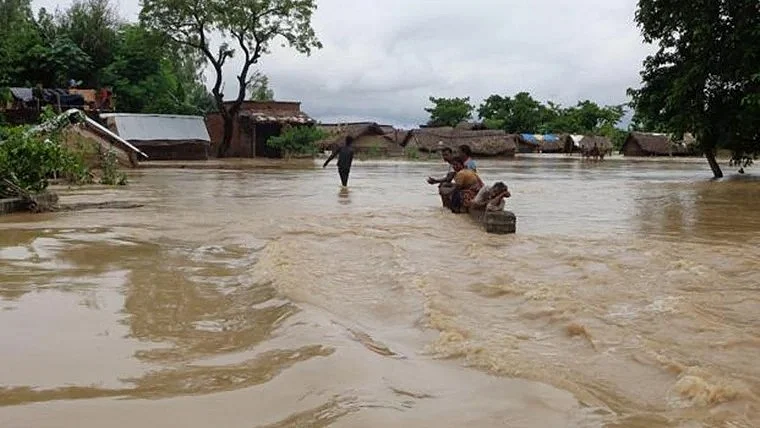Mumbai: Claiming that favouritism and nepotism in getting jobs and contracts is a thing of the past, Vice President Jagdeep Dhankar asserted that the youngsters in the country no longer have to rely on 'agents and liaisons' to find opportunities in life.
Speaking at the Narsee Monjee Institute of Management Studies (NMIMS) in the city, Dhankar said that the youths can now fully expand their potential, as power corridors have been 'sanitised' of 'corrupt elements'. He also urged the youths to explore non-conventional career pathways beyond competitive exams.
“What do our youth need? Your quality education. But you suffer certain drawbacks, and the drawbacks are, you are really meritorious, but you find the system promotes patronage, favouritism, nepotism and corruption becomes a password for securing a job, an appointment or an opportunity. When you move out with your illustrious credentials, you find privileged pedigree marching ahead. Being made to march ahead, and you look, this generates despondency. This shuts down the nation. That system was there not long ago," Dhankar told an auditorium full of students.
The vice president's remarks come at a time when the Central government is facing heat from allegations of paper leaks and other irregularities in multiple national-level tests.
Dhankar, however, sought to assure the student gathering of the impartiality of the country's legal process. “The institution of liaison and agents, which was indispensable, is now extinct, beyond revival. Equality before law, that eluded us for long, that was the bane of our system, is a ground reality. We see day in and day out people who entertain the idea they are beyond the reach of law, they are immune from legal process, are suffering the heat of law,” he said.
The vice president also told the students at the private deemed university that they are not part of a 'privileged pedigree' but rather 'privileged by merit'. “We are not fully exposed to the kind of opportunities that are available to our youth. We still are in a groove of competitive examinations,” he said.
Dhankar also outlined a role for private businesses in strengthening higher education in the country. “Our corporates should come forward. They should hand-hold these institutions. They must nurture them so that innovation and research take place. These institutions must be laboratories for innovation and research. And thereby they will become crucibles of change,” he said.







.jpg)



